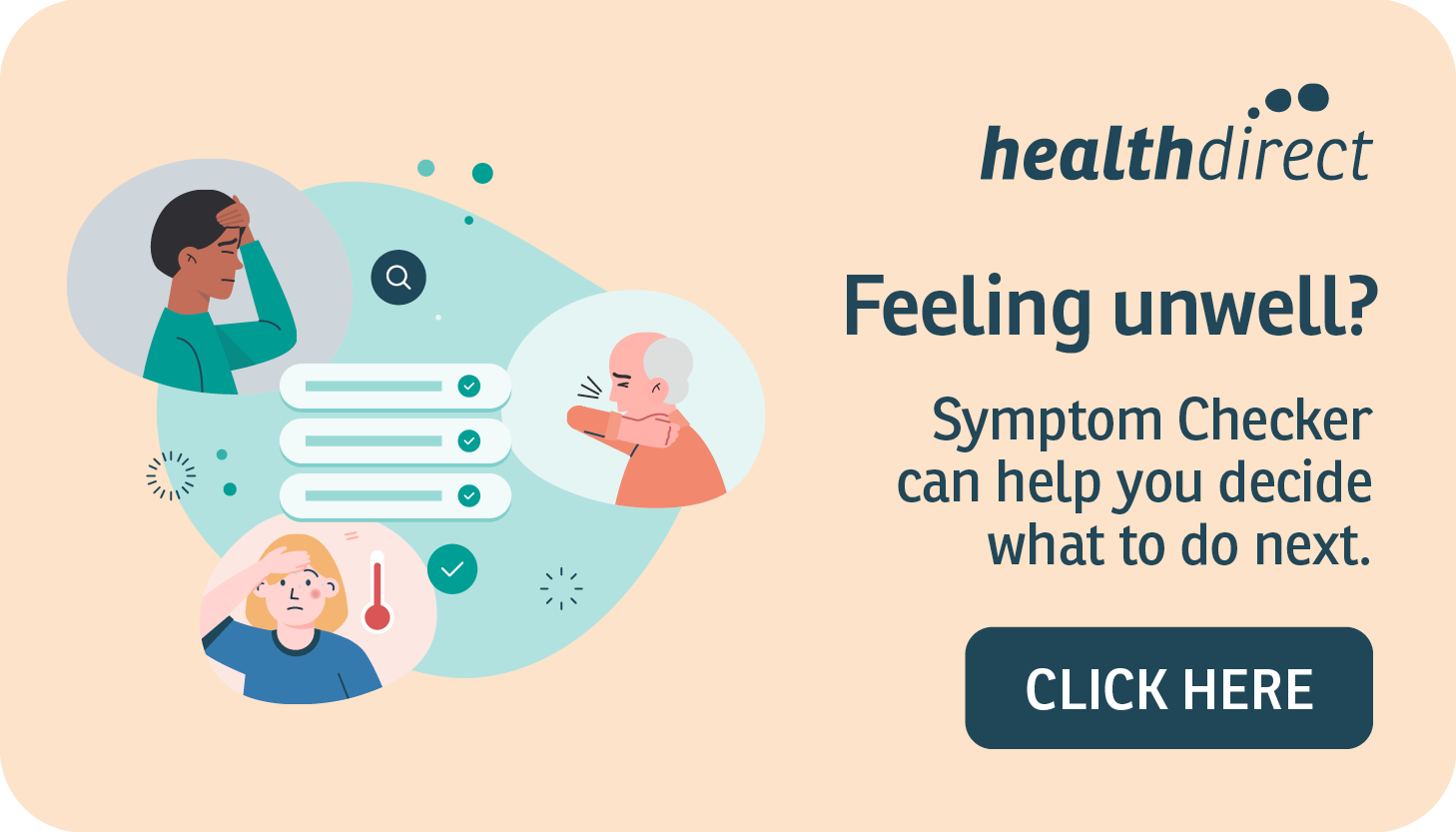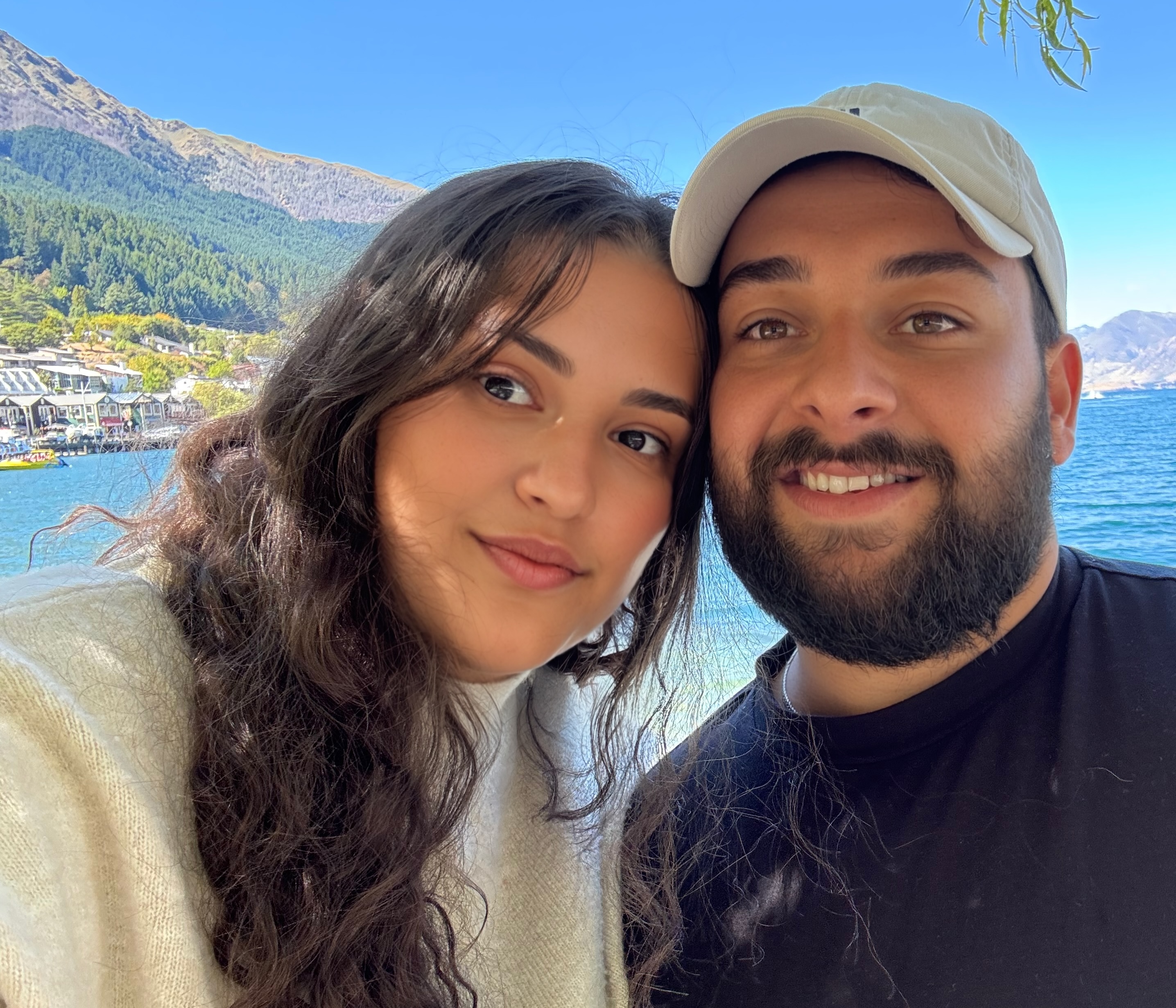My story is a little different to others. I didn’t end up in hospital, or sitting in a doctor’s surgery, or speaking with counsellors. In fact, I ended up managing a lot of it on my own. But it was real, it was heart-breaking and it impacted me significantly in those early months.
When I talk to women about my experience, I am often met with “oh I had a similar experience’. I have no doubt thousands of women every day face mild cases of post-natal depression but, I bet not a lot of them talk about it.
By the time I went into labour with my first daughter, I had already faced a series of challenging times. I had a brother who was very sick and in ICU for months on life support and I lost my first child at 14 weeks. So, I felt like this pregnancy was my turn to enjoy happiness and put those tough times behind me. I was excited beyond words and as I approached the lead up to the birth, I would spend my nights imagining our new life and this perfect baby. I knew about post-natal depression, but felt I had been through enough and this would be easy in comparison. WRONG.
When Molly was born, I was overwhelmed with happiness. But it lasted a few days. At first, it was just a few things here and there that would make me feel different. She wouldn’t feed well, she screamed a lot and I had no milk. By the time we got home from the hospital, she seemed to scream non-stop.
I was so excited about breastfeeding but that ended quickly. My milk arrived at day 9 and so whilst I kept trying, it just didn’t happen for me. In fact, when I breastfed, I felt anxious, nauseous and lost my appetite. It was not the enjoyable experience that everyone talks about. I know this played a large part in how I felt.
By week 4, our little Molly was very unsettled and whilst everyone would tell me it was ‘normal’, I knew in my heart something was wrong. I would walk the streets crying. I would rock her pram back and forth at speed hoping it would make her stop. I would sit in cafes and stare at the mothers who so easily breastfed whist drinking a coffee in the other hand. It was at this point I realised I felt nothing towards my daughter. I could not bond with her and that was that. I wasn’t a mum and I felt lost.
How do you bond though with a child that screams constantly? I was a mess and cried so much in those first few months. I look back and wish I got help earlier but I was in denial and felt I had faced much worse and that I could get through this. My mother’s group were all new and did not yet know me, so it was hard to have those honest conversations in the early days. And of course, you put on a brave face for a new group, especially when their kids all seemed so perfect.
Finally, at week 11 I reached out for help. I was a wreck, felt nothing was working and knew that I was getting worse. I was starting to worry about my emotions and thoughts towards Molly. It broke my heart. So, the appointments started and within a few weeks we had a new plan. We saw a fantastic paediatrician, a GP and got a referral to a sleep school named Masada.
I arrived at Masada when Molly was 13 weeks. In that week, she was diagnosed with reflux and put straight onto prescription formula. I felt like a failure because I could not feed, but was determined to do whatever it took to get things sorted. For myself and for Molly. My stay there lasted 6 days and to say it was life changing is an under-statement. The nurses were incredible and would sit with me to help me feed her and settle her. I saw a counsellor, I spoke with other mums and I spoke a lot with the staff about my emotions. Every hour there helped me more and more.
Within a few days Molly was a different baby and I will never ever forget when she looked up at me and smiled. It was at that moment I bonded and I felt my heart explode. A tear ran down my cheek and I hugged her and hugged her for a very long time. That bond was everything and finally made me feel like a mum. I now had a daughter.
So, my story is a mild case but one that I personally feel thousands of women encounter. I am now quick to ask new mums if they are OK. Not the baby, but them. I am an advocate for post-natal support and with my new business I am launching (www.circlein.com.au) and mindful of ensuring we provide the right advice and help to women experiencing post-natal depression and anxiety.
Whatever you are feeling, it is OK. Always remember that and know that there is support out there. Don’t get through it alone and don’t wait as long as I did. Those first few months are far too precious to spend crying every day.
Are you OK?
Jodi's Story
Please submit your details below and we will be in touch soon.
Related Fact Sheets

a new mum's story
this Christmas




.webp)





%201.webp)













.png)

